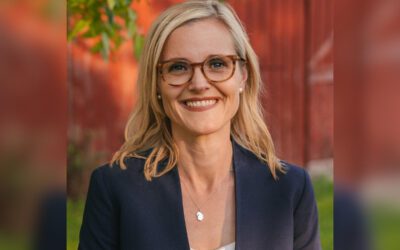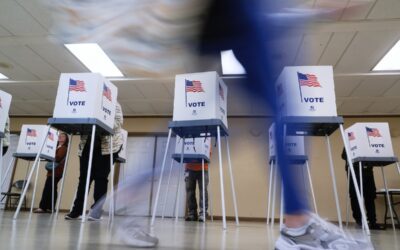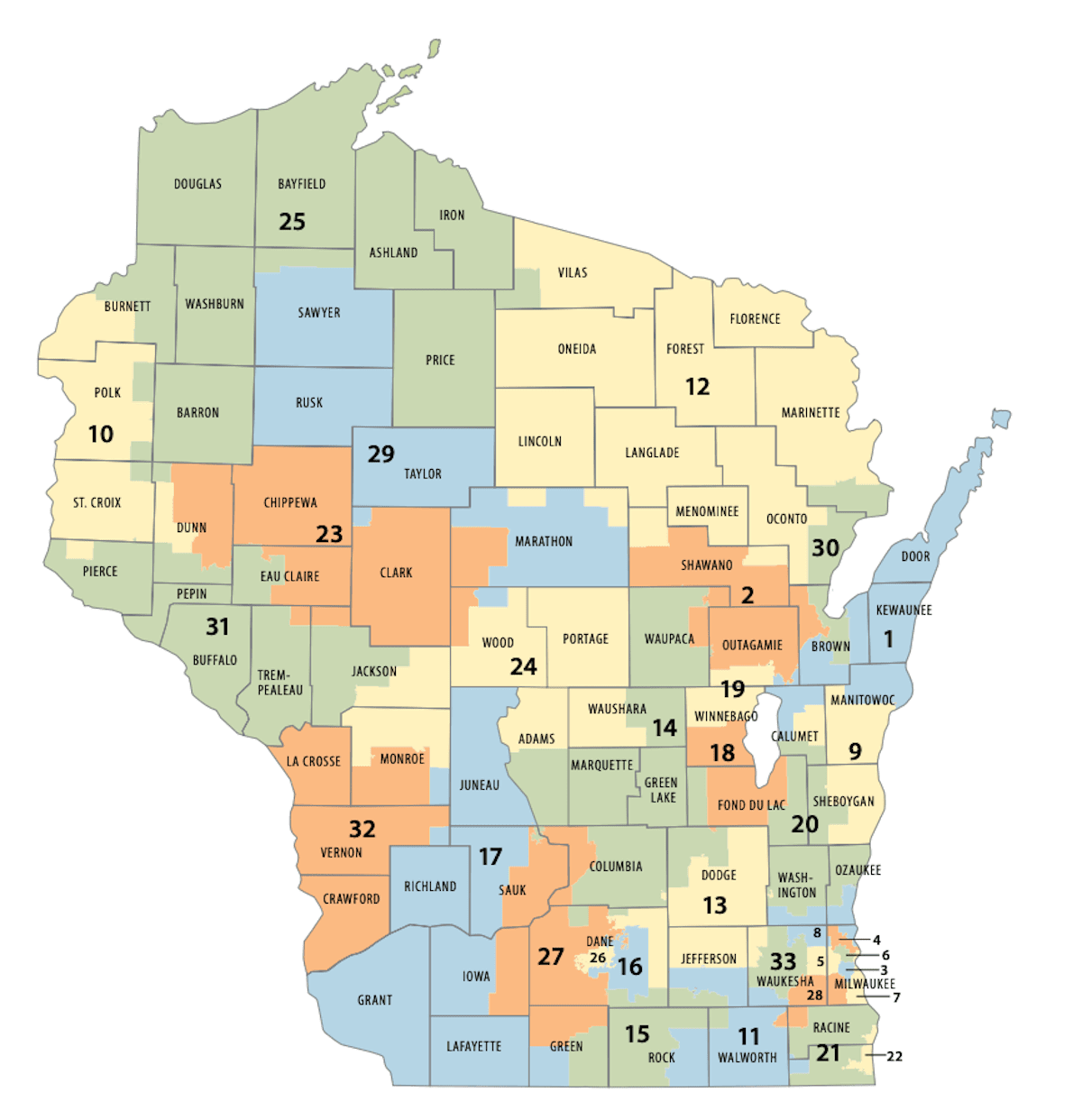
#image_title
Supervisors in Robin Vos’ home county vote down a measure to put an advisory referendum on the November ballot.
Racine County residents will not get the chance this November to formally join the chorus of voices calling for a nonpartisan redistricting process in Wisconsin.
Supervisors in Racine County, home to Assembly Speaker Robin Vos, R-Rochester, voted 11-8 last week against putting an advisory referendum on nonpartisan redistricting on ballots in November. Residents in the swing county almost certainly would have passed the referendum — which would not change any laws but instead serve as a countywide poll on the issue of fair maps — given the broad statewide support for a nonpartisan redistricting process.
A February Marquette Law School poll found that 70 percent of Wisconsin voters support a nonpartisan redistricting process to avoid gerrymandering, or the process of drawing district lines to gain a partisan political advantage.
“Unfortunately, the way it’s structured with gerrymandering … it’s like a reverse election,” said Melissa Kaprelian, one of the eight Racine County supervisors who voted in favor of putting the referendum on ballots. “That’s where the politicians get to pick their voters, rather than the voters get to pick their representative. And I have a problem with that.”
Under current law, the Legislature approves district maps, but the governor can veto them. After Republicans gained control of all three branches of state government in 2010, they gave the state one of the most notoriously gerrymandered electoral maps in the nation’s history with the help of private consultants and high-tech software, resulting in a practically unbreakable Republican hold over the Assembly and Senate.
Both Republicans and Democrats in the U.S. have historically used gerrymandering to varying degrees, but it had never been done like Republicans did in the wake of the 2010 elections. (Vos refused to testify last year in a legal case against the Republican gerrymandering, and federal appeals judges said he did not have to for now.)
In Racine, the legislative districts have been drawn to effectively lock in a Republican advantage. For example, Senate District 21 was a swing district that used to cover most of Racine County and District 22 was a reliably Democratic district that covered most of Kenosha County to the south. Now, District 22 remains Democratic but District 21 has been drawn to result in an almost guaranteed Republican victory.
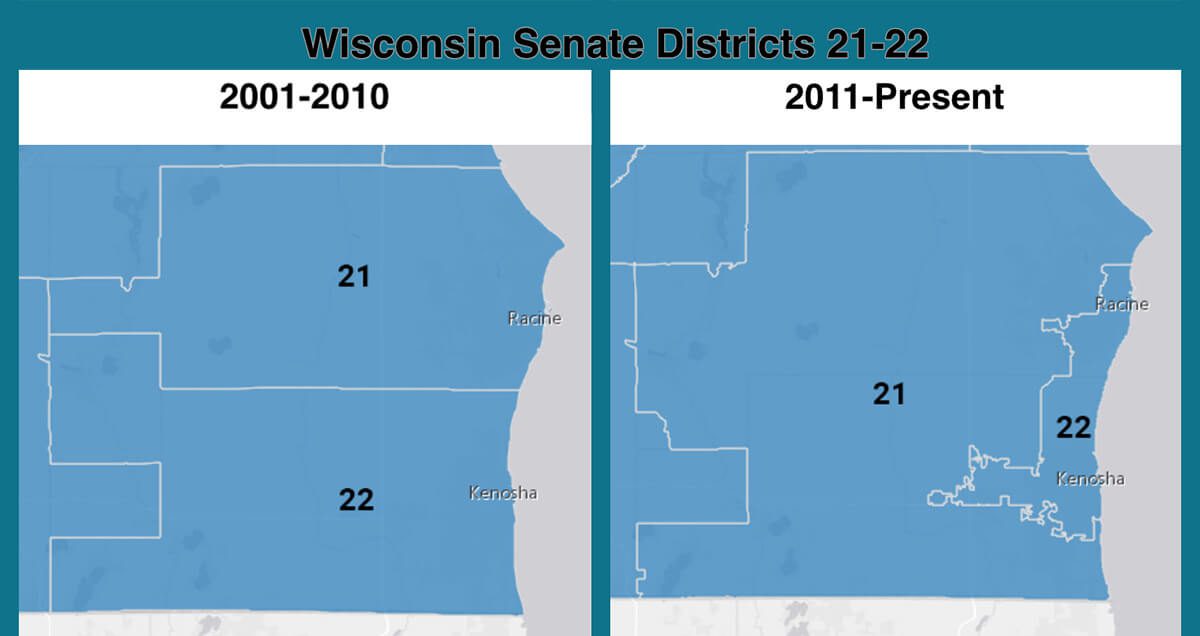
The current District 22 map covers just the Democratic cities of Racine and Kenosha and a small stretch of suburbs in between, while District 21 encompasses the conservative suburban and rural areas of both counties, with just a sliver of the City of Racine included to make sure Republican Sen. Van Wanggaard’s home remained in the district. Wanggaard, bolstered by the new conservative-friendly boundaries, cruised to massive victories in 2014 and 2018.
Proponents of fair maps do not want every district to be a toss-up or swing district. Instead, they advocate for districts that generally respect municipal and county boundaries.
Racine County Supervisor Tom Kramer voted against the referendum there. In a phone call with UpNorthNews he cited various reasons for voting against it, arguing that it was redundant to put fair maps to referendum in the county because the County Board passed a resolution supporting fair maps in 2018.
Racine is one of 52 of the state’s 72 counties that have now passed a resolution supporting fair maps, according to the Wisconsin Campaign for Democracy.
“They’re heard from us in a resolution back almost two years ago, and they’ve heard from various counties in the same resolution or referendum,” Kramer said. “They know the feeling of the people.”
Kriss Lennon, a volunteer who worked on getting the referendum on the ballot in Racine County, said she believes supervisors voted against the measure because they are beholden to Vos.
“He has a really long reach,” Lennon said.
Carlene Bechen, fair maps organizer with Wisconsin Voices, said that while she was disappointed with the vote in Racine County, she has been pleased with the progress the fair maps campaign has made in the past few months.
She pointed out that 10 other county boards voted this year to put an advisory referendum on ballots for November. Those are Adams, Bayfield, Brown, Crawford, Door, Dunn, Iowa, Jefferson, Kenosha, and Rusk counties.
Residents of seventeen counties have already passed referenda in support of a nonpartisan redistricting process, according to the Wisconsin Campaign for Democracy. The votes passed with between 65 percent and 82 percent support.
An effort to get a referendum on ballots in Ozaukee County also failed earlier this year.
Despite the failure in Racine and Ozaukee counties, developments have stayed generally positive. Marathon County became the most recent county to endorse fair maps last week after supervisors there passed a resolution in support of a nonpartisan redistricting process.
“I was actually pleasantly surprised,” said William Harris, the Marathon County supervisor who authored the resolution.
Harris said that while some votes may not pass, like those in Racine and Ozaukee, he hopes it at least gave the issue of gerrymandering more attention for local residents.
Part of Gov. Tony Evers’ platform when he ran for office was to create a nonpartisan panel for redistricting. He took applications last month to serve on the panel, which he calls The People’s Maps Commission.
However, the Legislature will ultimately be able to completely ignore the commission. While Evers can veto Republicans’ maps to force a bipartisan process, there is concern they will sidestep him with a joint resolution, which does not require gubernatorial approval. Such a move would undoubtedly spark a ferocious legal battle that could end up in front of the conservative-dominated Wisconsin Supreme Court.
Harris remains hopeful that the upcoming redistricting will result in fairer maps.
“It gets to a certain point where it’s undeniable in terms of the support, how many counties are passing it, how many people are asking to do this,” Harris said.

Wisconsin doesn’t vote Nov. 4, but here are the 2026 election dates
While voters in places like New Jersey, Virginia, California and New York City go to the polls Tuesday, Nov. 4, Wisconsinites have to wait a bit...
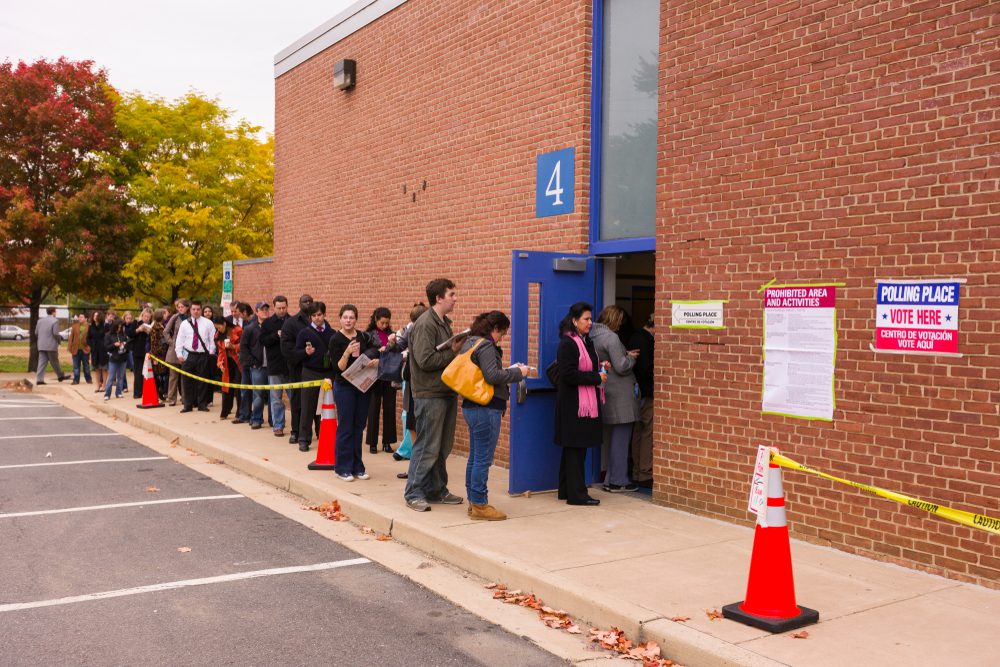
Gwen Frisbie-Fulton: Real solutions for Wisconsin begin with local engagement
My neighbor Tamara is tired of politics; she tells me this all the time. She says she doesn’t watch the news except for the weather, and would...
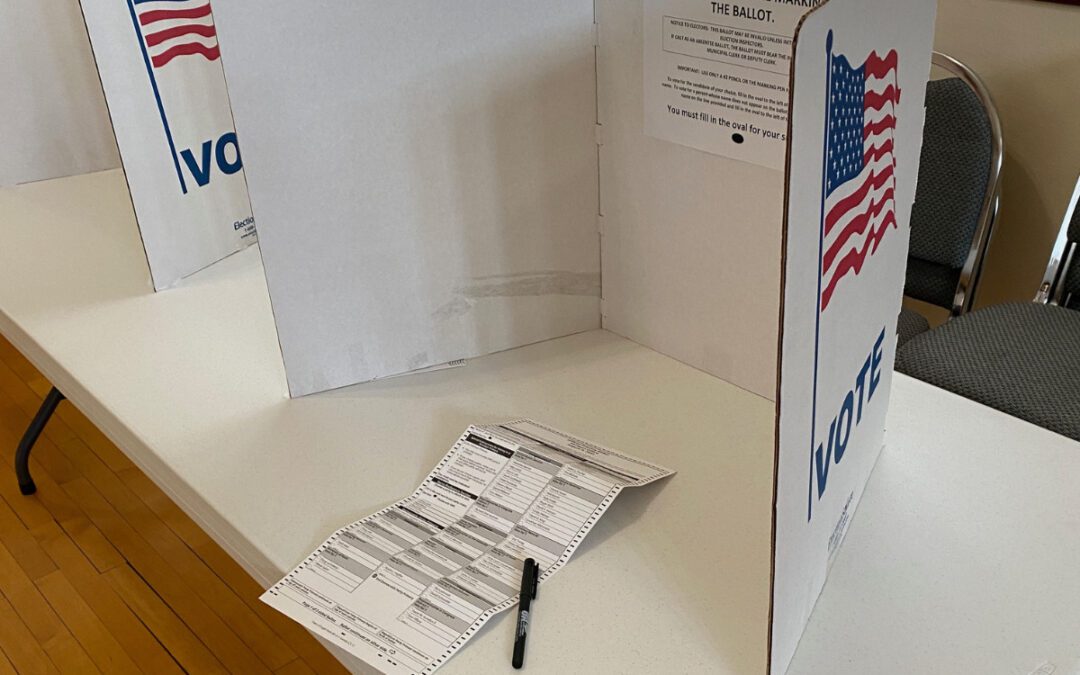
Citizen-driven ballot initiatives can’t happen in Wisconsin, but some people are trying to change that
About half the states have some process that allows citizens to collect enough signatures to force statewide referendums — something only the...

Trump: End mail-in voting. Wisconsin: No thanks
Democrats, Republicans, and Independents point to our state’s long history of secure elections that embrace absentee ballot use to make democracy...


